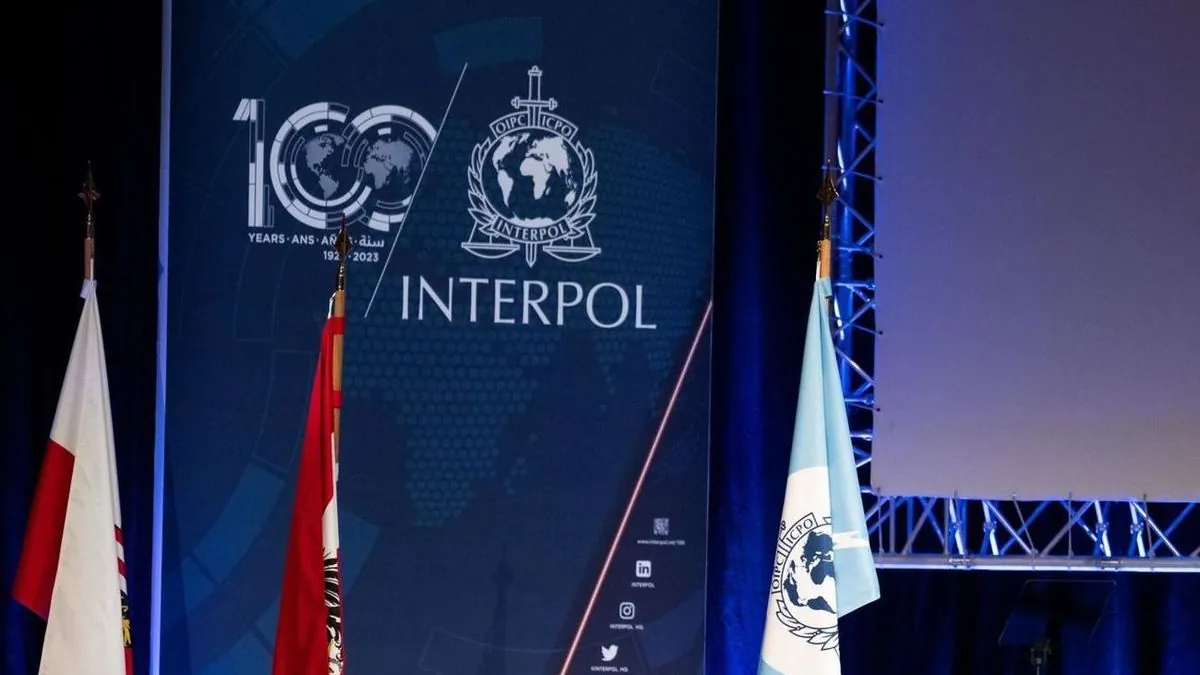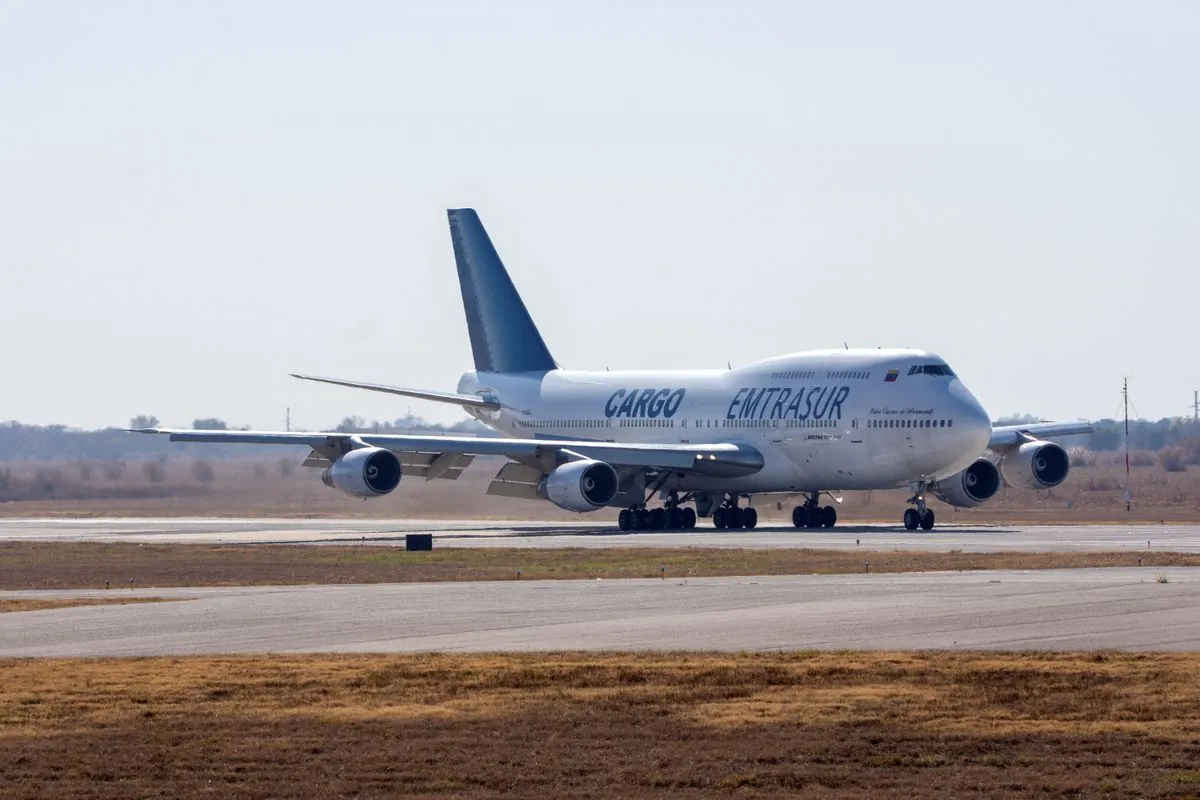Venezuela Seeks Interpol Warrant for Argentine Leader Amid Escalating Dispute
Venezuela requests Interpol arrest warrant for Argentine President Javier Milei, reciprocating Argentina's move against Nicolas Maduro. Dispute stems from 2022 airplane seizure in Buenos Aires.

In a significant escalation of diplomatic tensions, Venezuela's attorney general, Tarek William Saab, has requested Interpol to issue an arrest warrant for Argentine President Javier Milei. This action comes as a direct response to Argentina's earlier move seeking the arrest of Venezuelan President Nicolas Maduro.
The dispute between these South American nations has its roots in an incident from June 2022, when Argentine authorities seized a Venezuelan aircraft in Buenos Aires. This event, occurring over two years ago, has now sparked a series of retaliatory legal actions between the two countries.
Venezuela's request for Milei's arrest includes accusations of seven distinct crimes, with robbery being among the charges. This move by Saab, who has held the position of Venezuela's attorney general since 2017, represents a significant escalation in the diplomatic row.

It's worth noting that both Venezuela and Argentina are members of Mercosur, a South American trade bloc, which adds complexity to their diplomatic relationship. The current situation highlights the challenges faced by regional organizations in mediating disputes between member states.
The legal maneuvers by both nations raise questions about the effectiveness of such actions, given the principle of diplomatic immunity that typically protects heads of state from arrest in foreign countries. Interpol, the international organization facilitating worldwide police cooperation, uses a system of notices, including Red Notices for wanted persons. However, the practical implications of these requests remain uncertain.
This diplomatic spat occurs against a backdrop of ongoing political and economic challenges in both nations. Venezuela has been grappling with a prolonged crisis, facing accusations of human rights violations from international organizations. Meanwhile, Argentina has been dealing with its own economic instability and high inflation rates.
"We condemn the illegal actions taken by the Argentine government and demand immediate resolution of this unjust situation."
The United Nations and the Organization of American States (OAS) have previously expressed concerns about the human rights situation in Venezuela, adding an international dimension to this bilateral conflict. Both countries are signatories to various international human rights treaties, which could potentially influence the resolution of this dispute.
As this situation unfolds, it serves as a reminder of the complex interplay between national sovereignty, international law, and regional politics in South America. The involvement of Interpol and the potential impact on bilateral relations highlight the far-reaching consequences of what began as a dispute over an aircraft seizure.
The international community will be closely watching how this diplomatic crisis develops, particularly given the potential implications for regional stability and cooperation in South America. As both nations navigate this challenging period, the role of diplomatic channels and regional organizations in resolving such conflicts will be put to the test.


































